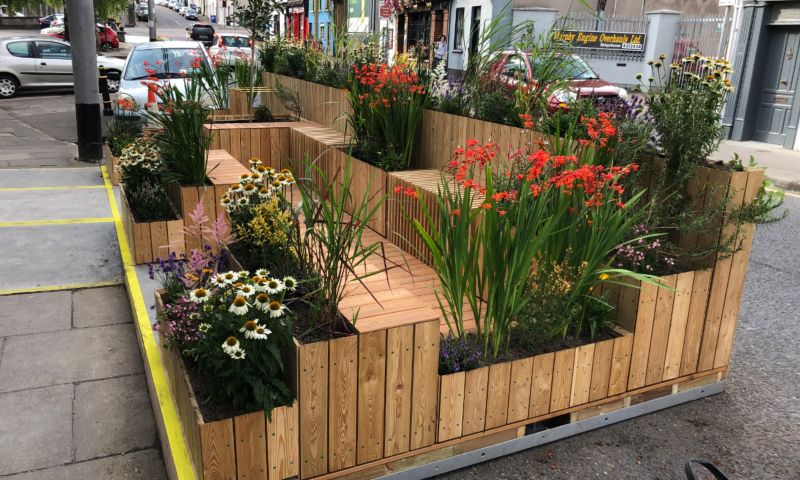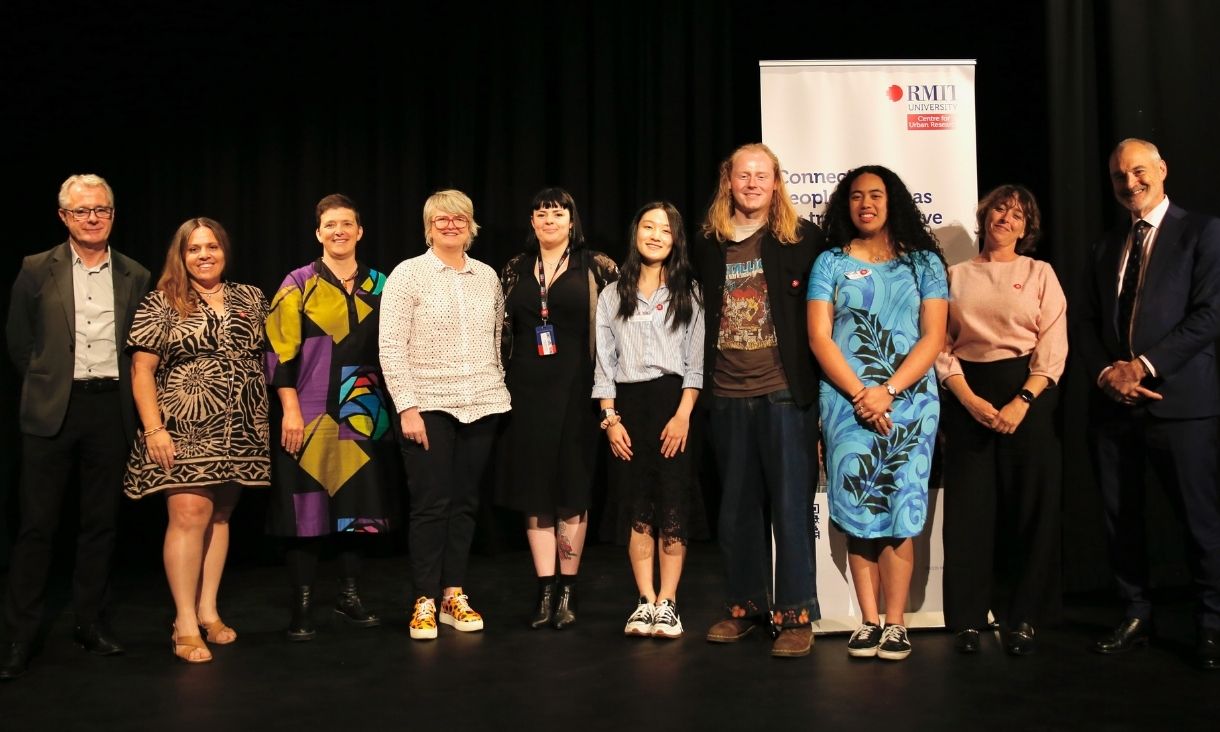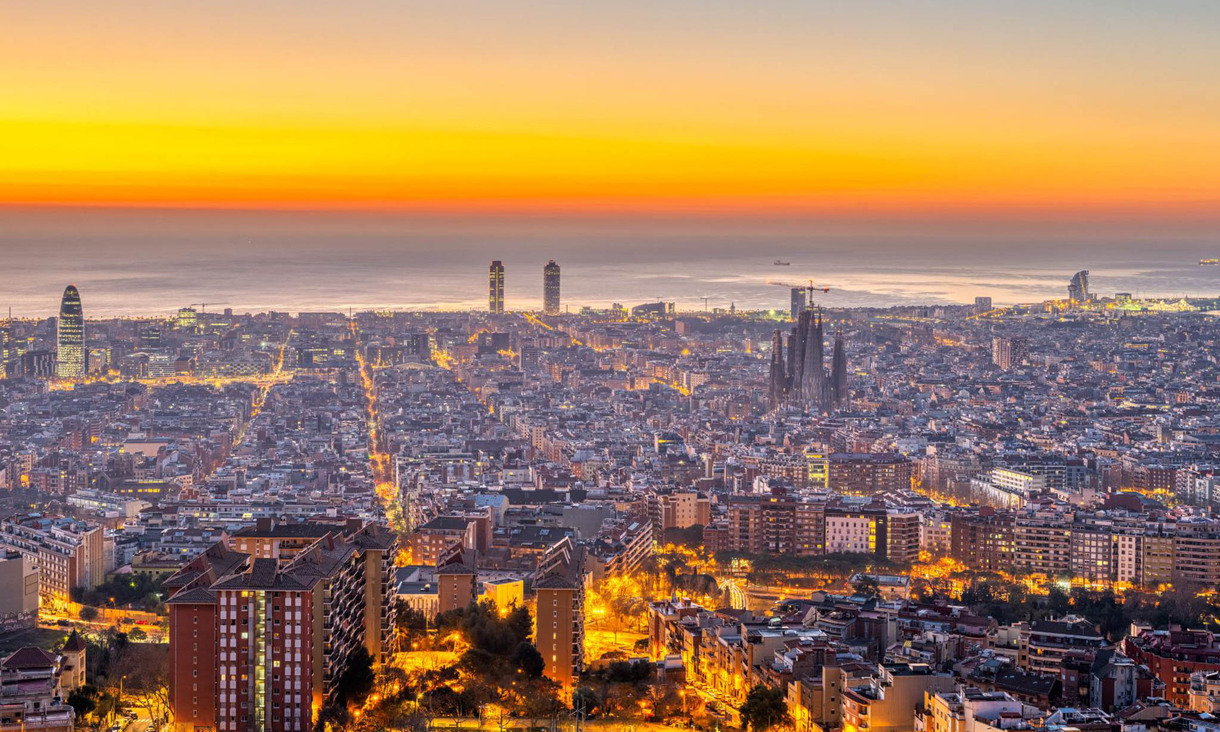Associate Professor Quentin Stevens (0466 996106 or quentin.stevens@rmit.edu.au)
Topics: urban design, public spaces, urban planning, temporary uses, tactical urbanism
“The COVID-19 pandemic restrictions have reminded us of the vital role public space plays in supporting our physical, mental end economic well-being.
“Under changing requirements for social distancing, we need to act swiftly to retrofit our public spaces.
“This is where approaches known as temporary and tactical urbanism can quickly reconfigure public spaces to create places that are both safe and social.
“Cities around the world are recognising the opportunity provided by the abundance of street space left vacant by substantial drops in vehicle traffic, to repurpose their street spaces for people.
“Tactical urbanism approaches overcome the bureaucratic slowness of implementing urban design proposals, by using light, low-cost and flexible materials, and giving businesses, community groups and social enterprises the opportunity to rapidly re-shape public spaces for new uses.
“Temporary urbanism and street dining aren’t new to Australia. We’ve been doing it for decades. Melbourne’s city centre has already gradually been reimagined and transformed into a place for people, not cars. This has been vital to its long-term social and economic regeneration.”
Dr Quentin Stevens is an Associate Professor in urban design at RMIT University’s School of Architecture and Urban Design, and Chief Investigator on the current Australian Research Council funded project ‘Temporary and Tactical Urbanism’. He is currently researching how the design of public spaces supports social interaction and cohesion, with partners in the UK and Denmark.
Professor Tom Holbrook (Based in the UK +44 7711314967 or tom@5thstudio.co.uk)
Topics: architecture, urban design, strategy, infrastructure, landscape, cities, spaces for education and innovation
“Cities around the world are beginning to transform to address the challenges of the climate emergency, and this process of change has been accelerated by the COVID-19 pandemic.
“Over the summer my practice, 5th Studio, worked with Westminster City Council to develop plans to help bars, clubs and restaurants in Soho, Covent Garden and Mayfair to reopen safely.
“These temporary measures established a basis for al fresco dining, extending pavement space and in some cases allowing timed closure of roads to allow dining in the space of the street.
“The interventions focused on addressing ‘hard’ issues of compliance — protection of diners from vehicles, servicing requirements, social distancing, etc — but made suggestions about how this infrastructure could be ‘dressed’, adapted and enhanced by individual business owners.
“Installed and aligned with licensing regulations over a matter of weeks, the work demonstrates how adaptable our cities are, and how priorities in the public realm can be rapidly shifted.
“The challenge now is how to make more permanent the most successful experiments, and how to adapt al fresco dining to winter conditions in London!”
Tom Holbrook is a Professor of Architecture and Industry Fellow at RMIT University. His research explores the dynamic between architecture and the scale of infrastructure and landscape. He is a member of the Design Panel for High Speed Two, the UK’s high-speed rail project and a Design Advocate for the Mayor of London.
***
For media enquiries, please contact RMIT Communications: 0439 704 077 or news@rmit.edu.au





